Buy Intaxel : Paclitaxel 100 mg/16.67 ml Injection Online
$56.69
Brand Name : Intaxel
Composition : Paclitaxel
Manufactured by : Fresenius Kabi
Strength : 100mg
Form : Injection
Packing : Pack of 1 Vial
Prescription Required *
Intaxel is a prescription medication in the form of an injection containing Paclitaxel. Paclitaxel is an anticancer drug used to treat various types of cancer, including breast, ovarian, and lung cancer. It belongs to a class of medications called taxanes, which work by interfering with the growth and spread of cancer cells.
Uses:
Intaxel is used to treat various types of cancer, including breast cancer, ovarian cancer, and lung cancer. It is administered as part of a chemotherapy regimen to help slow down or stop the growth and spread of cancer cells.
How to use:
Intaxel is administered as an intravenous infusion by a healthcare professional in a hospital or clinic setting. The dosage and duration of treatment will be determined by your doctor based on your specific condition, response to treatment, and other factors.
Storage conditions:
Intaxel should be stored in a cool and dry place, away from direct sunlight and extreme temperatures. It should be kept out of the reach of children and pets. Do not use the medication if the packaging is damaged or the liquid appears discolored.
Mechanism of action:
Paclitaxel works by interfering with the normal function of microtubules, which are important for cell division. By binding to the microtubules and stabilizing them, Paclitaxel prevents the cancer cells from dividing and proliferating. This ultimately leads to the death of cancer cells and helps slow down the progression of the disease.
Precautions:
Before receiving Intaxel, inform your doctor about any allergies, medical conditions, or medications you are currently taking. It is important to disclose if you have liver or kidney problems, or if you are pregnant or breastfeeding. Your doctor will assess the potential risks and benefits of treatment.
Contraindications:
Do not use Intaxel if you are allergic to Paclitaxel or any of the ingredients in the medication. It is also contraindicated in patients with low white blood cell counts or severe liver dysfunction.
Drug interactions:
Intaxel may interact with other medications, including those used to treat infections, heart conditions, or seizures. Inform your doctor about all the medications you are taking, including prescription and over-the-counter drugs, as well as herbal supplements.
Overdose:
In case of an overdose or accidental administration of a higher dose, seek immediate medical attention. Overdose symptoms may include severe allergic reactions, blood disorders, and nerve damage.
Side effects:
Common side effects of Intaxel include hair loss, nausea, vomiting, diarrhea, decreased appetite, fatigue, and weakness. Notify your doctor if you experience severe side effects such as allergic reactions, difficulty breathing, chest pain, or signs of infection during or after treatment with Intaxel.
Be the first to review “Buy Intaxel : Paclitaxel 100 mg/16.67 ml Injection Online” Cancel reply
Related products
Anti Cancer
Anti Cancer
Anti Cancer
Anti Cancer
Anti Cancer
Anti Cancer


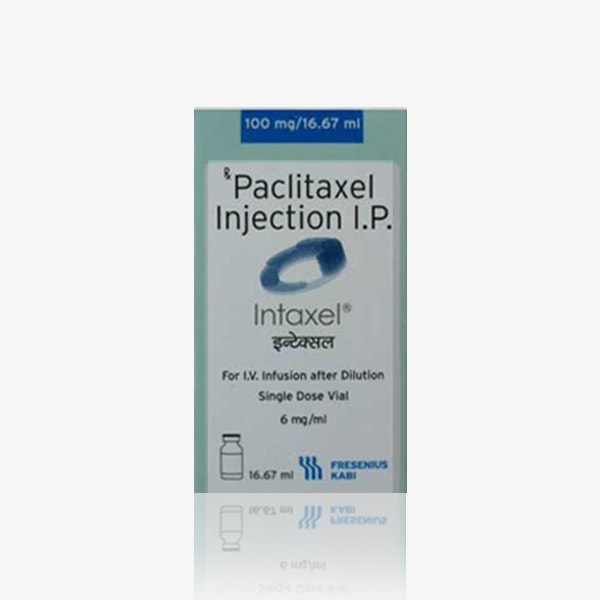
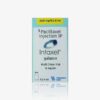
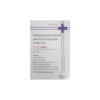
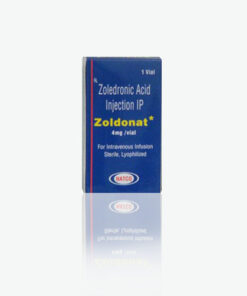
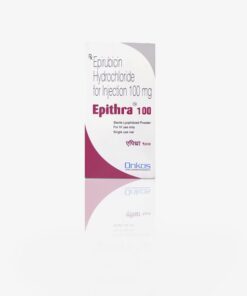
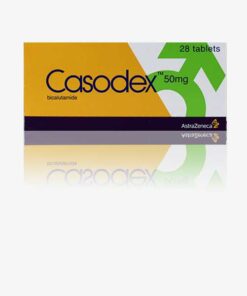
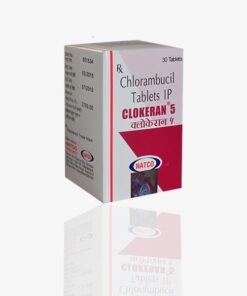

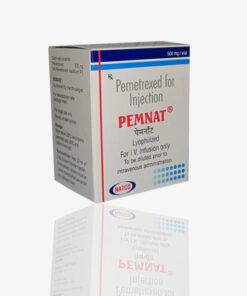
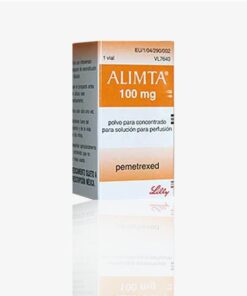
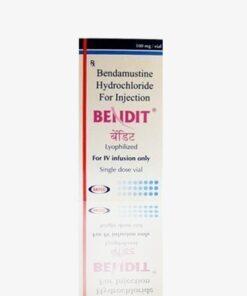
Reviews
There are no reviews yet.